
Muesli
₹640.00 N/A
Buy Muesli Online
1) What is Muesli
Muesli is a cold oatmeal dish typically made from raw rolled oats, grains, nuts, seeds, and dried fruits. It was first developed by a Swiss physician, Maximilian Bircher-Brenner, as a healthy breakfast option. Unlike granola, muesli is not baked with added sweeteners and oils, making it a lighter, more natural alternative.
2) How to Select Muesli?
When choosing muesli, consider the following:
Ingredients: Check for whole grains, nuts, seeds, and dried fruits. Avoid those with added sugars or artificial preservatives.
Organic vs Non-organic: Organic muesli tends to be free from pesticides and artificial additives.
Texture preference: Some muesli has large chunks, while others are more finely mixed.
Brand reputation: Opt for trusted brands that provide transparent labeling.
3) Benefits of Muesli
Rich in fiber: Helps with digestion and supports gut health.
High in protein: Supports muscle repair and provides lasting energy.
Low in sugar (in unsweetened versions): A heart-healthy choice.
Nutrient-dense: Offers a good source of vitamins, minerals, and antioxidants.
4) Packaging Sizes Available
Muesli comes in various packaging sizes:
Medium packs 500g, Suitable for small families.
5) Uses of Muesli
Breakfast: Soak in milk, yogurt, or fruit juice for a cold cereal option.
Snacks: Can be eaten as a light snack or mixed into smoothies.
Baking: Used in baked goods like muffins, bars, or cookies for added texture and nutrition.
6) Health Benefits for Different Age Groups
Men: Provides protein and fiber, supporting muscle maintenance, energy levels, and digestive health.
Women: Supports bone health (calcium from added nuts/seeds), iron intake, and balanced hormones.
Kids: A healthy source of energy and nutrients like iron, calcium, and essential vitamins for growth.
Elderly: Soft texture and high fiber content make it easy to digest and good for heart health.
7) Taste
Muesli has a natural, wholesome flavor. It is slightly nutty due to the oats and seeds, with a sweetness that comes from the dried fruits. The taste can vary depending on the combination of ingredients. Unsweetened versions have a more earthy flavor, while those with added fruits and nuts provide a richer, sweeter profile.
8) How to Consume
Cold: Soak muesli overnight in milk, yogurt, or juice (overnight oats style).
Hot: Mix with hot water or milk to make a porridge-like consistency.
Toppings: Add fresh fruits, nuts, or honey for extra flavor.
9) How to Store
Store muesli in an airtight container to keep it fresh. Keep it in a cool, dry place to avoid moisture, which can spoil the ingredients. For long-term storage, you can refrigerate or freeze it.
10) Product Life
Unopened muesli can last up to 6-12 months, depending on the packaging. Once opened, it should be consumed within 3 months for maximum freshness. Always check the expiration date on the packaging.
Harvesting Time
The oats, nuts, seeds, and fruits used in muesli are typically harvested at different times throughout the year, depending on the crop. The grains (such as oats) are usually harvested in late summer to early fall.
Then After: The grains are processed (rolled or cut) and dried fruits are dehydrated.
Then After: The ingredients are mixed, packaged, and distributed to stores.
| packaging | 500 G |
|---|
Related products
Hing
- 100 GFrom: ₹272.00
- 250 GFrom: ₹444.00
Shahi Jeera
Masala Tikki
- 100 GFrom: ₹224.00
- 250 GFrom: ₹351.00
Black Pepper
- 100 GFrom: ₹219.00
- 250 GFrom: ₹315.00
Cinnamon ( Dalchini)
- 1000 GRMFrom: ₹1,510.00
- 250 GFrom: ₹497.00
- 500 GFrom: ₹819.00
Golden Garlic
- 1000 GRMFrom: ₹760.00
- 500 GFrom: ₹412.00
Kashmiri Chilli Powder
₹272.00 – ₹444.00Price range: ₹272.00 through ₹444.00 N/A
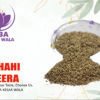
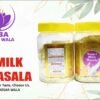
₹363.00 N/A
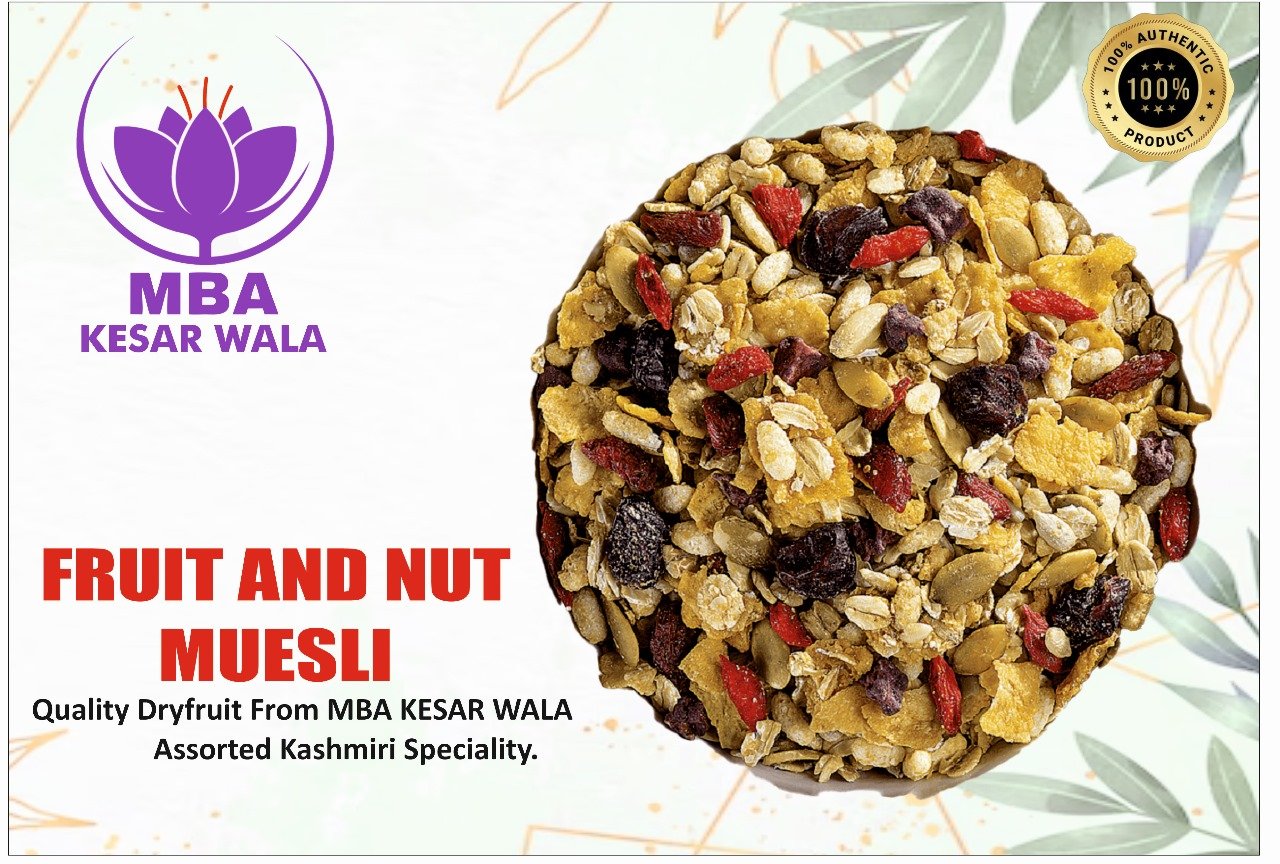
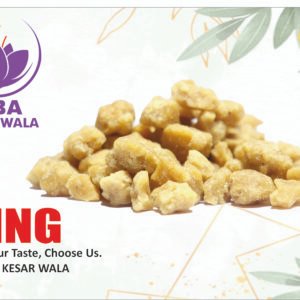

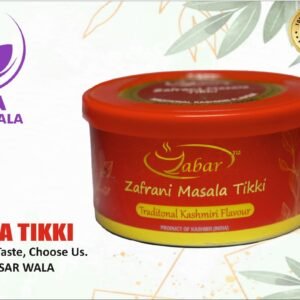

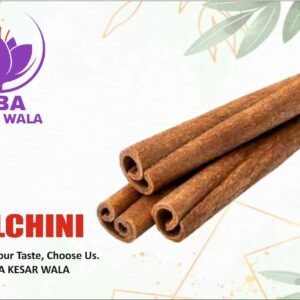

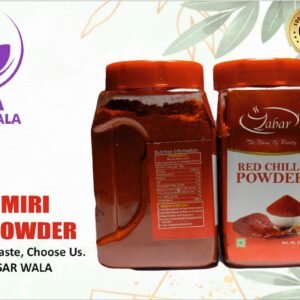
Reviews
There are no reviews yet.